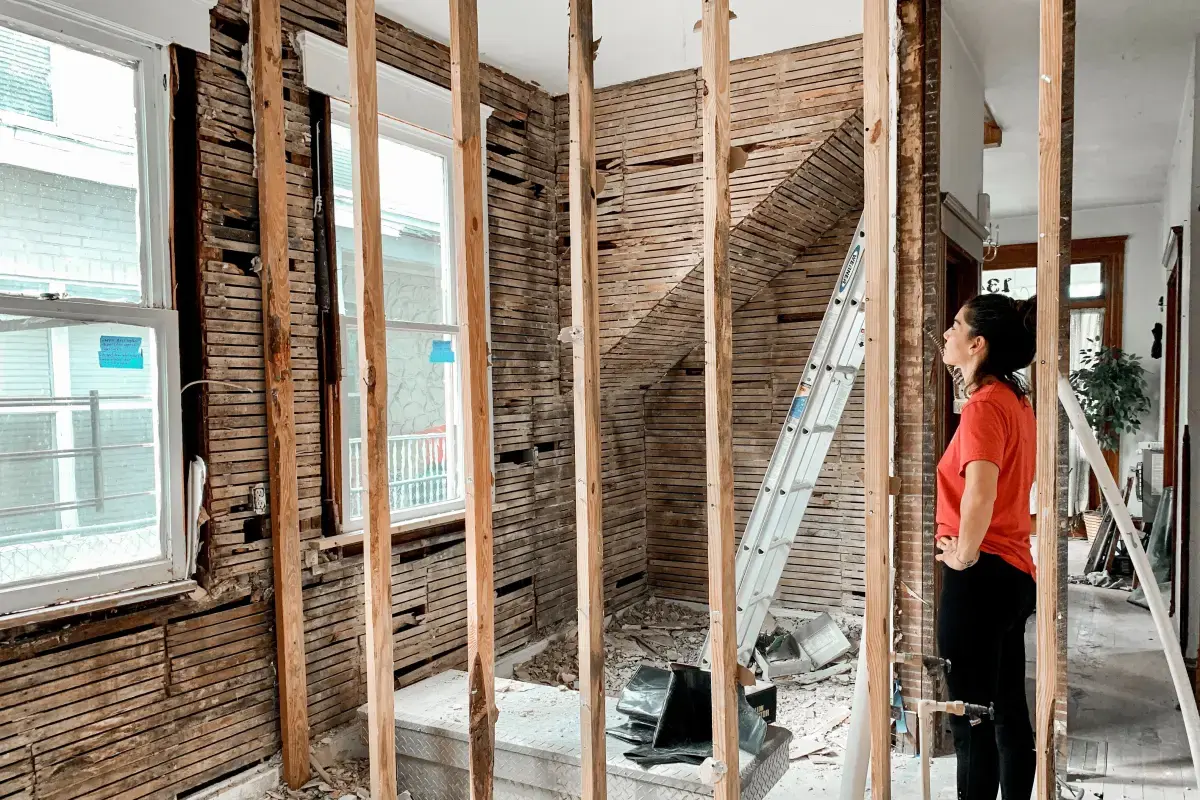
Construction & Building Services in Japan
Find the Best Construction & Building Work in Japan Near You
Hire the Most Trusted Local Construction & Building Workers Near Me. Choose how you work. Choose who you hire.

Find & Hire Construction & Building Experts via our 4 Flexibile Work Services in Japan
Choose which service works for you to find, hire and recruit highly skilled and trusted Japanese Construction & Building Experts
Gigs
Jobs
Volunteers
Promote
How the gigexchange Japan gig economy service works?
Create Your Gig Economy Listing in Japan
Post any gig job work task you need completed by our experts
Select the Best Freelancers & Gig Workers in Japan
Select from our trusted & verified Japanese self-employed gig workers
Safe & Secure Financials in Japan
We hold the money while the work gets completed to your satisfaction
How the gigexchange Japan job portal website works?
Business & Recruiters in Japan
Advertise your Construction & Building Jobs for FREE to recruit and employ the best job seekers in Japan
Job Hunters in Japan
Search for Full-Time & Contract Jobs. Find your dream Japanese job through our online recruitment & employment platform.
How the gigexchange Japan volunteering platform works?
Charities & Non-Profit Organisations in Japan
Post a Volunteer Advert for FREE, always!
Volunteers in Japan
Search and find volunteering roles in Japan
How the gigexchange Japan advertising service works?
Post a Classified Ads in Japan
Advertise your Construction & Building business service in Japan for FREE
Find New Customers in Japan
Connect and engage with new customers in Japan
Feedback, Ratings & Reviews
Grow your brand on gigexchange through our Customer Testimonials & Accredited Reviews
Check our Construction & Building Services
What is the Construction & Building Industry in Japan
The construction industry in Japan is one of the largest sectors of its economy and plays an important role in providing employment opportunities for the nation’s citizens. Construction activities, such as building residential homes, offices, public facilities (parks and roads), bridges, tunnels etc., are highly regulated by government authorities to ensure safety standards are met. As it stands now there is a high demand for skilled labor forces within this sector due to large-scale projects that require qualified individuals with specific skill sets; on top of regular maintenance practices needed across all cities/towns throughout Japan. In addition to contributing greatly towards local economies through jobs created directly linked with engineering services or materials production necessary during each stage process involved while constructing structures - ranging from new buildings designs & urban development planning work up until post-construction operations like landscaping or waste management – the overall effect achieved when completed often boosts values within property markets too which means further economic benefits begin moving around circularly via increased tax revenues earned from ownerships and investments alike.. All these little steps help contribute more money back into various aspects associated with community living iand act as indirect impacts felt over time rather than immediate ones seen originally at start date once project was announced upon being signed off…which then leads even longer term fiscal advantages taking shape since infrastructure upgrades made earlier would receive good care & attention they deserve usually resulting less costly repairs + maintenance costs and extend lifespan any given asset so much better without negative environmental consequences stopping end users who depend everyday their use!

What is the role & importance of the Construction & Building Industry Associations in Japan
The construction industry associations in Japan play an important role and have immense importance. These organizations are responsible for providing information, services, advice, resources and representation to the Japanese construction industry. They collaborate with government bodies and other relevant entities on regulation of standards within their respective industries as well as helping promote best practices among players in the sector by organizing seminars or workshops that provide insights into modern trends related to design principles, environmental sustainability etcetera The primary purpose of these federations is advocating improvement on behalf of workers’ rights while maintaining proper safety mechanisms such as fire prevention measures. Additionally they also look out for interests in terms costs matrices which can be seen through incentivizing ongoing efforts towards cost-effective solutions These associations liaise between various stakeholders like developers/contractors & vendors along with engineers who ensure quality assurance throughout a project lifecycle Further it educates its members about new technologies being developed across different areas including engineering management software , renewable energy sources alongside promoting green initiatives . The collective voice from all member firms helps shape policy changes ensuring future development aligns correctly against current regulatory requirements Finally many local chapters often serve charitable causes ranging from housing rehabilitation projects up-to youth guidance programs

What are the benefits of joining a Construction & Building Industry Association in Japan
Joining a Construction Association in Japan can provide multiple benefits for individuals and companies. By joining an association, professionals from the construction industry have access to support and resources that would otherwise be unavailable. Some of these include: 1) Access to networking opportunities: Joining a professional organization gives you the chance to meet people in your field who can help enhance your career goals or give advice on potential business directions. It also helps widen social circles with network members interested in similar projects as well as providing valuable contacts/resources when needed; 2) Sharing knowledge & best practices – Professional associations are great places where experienced professionals share their experiences, ideas, opinions etc which enables others within an organisation (new staff especially), expand their skill set while learning new trends; 3) Knowledge of government regulations- Staying updated on governmental laws regarding building standards is essential if one wants build something legalised by authorities e.,g getting registered under certain agencies like SHA(construction safety energy saving repair tax exemption structure maintenance agency); 4 ) Discounts– Many trade organizations offer discounts through different membership plans on products ranging from tools and equipment suppliers ,labour charges ad so forth ; 5 ) Resources– Whether it’s technical training programs ,certification exams or even additional education relevant seminars all this information is easily available via websites created specifically catering towards construction industries 6) Opportunities for growth - Being part of a larger network allows organisations get better deals due greater buying power combined with more exposure offering bigger advances then what they could do alone individually making them competitively fortified! 7 )Political Representation – Last but not least local chapters oftentimes lobbying state governments keep everyone informed about upcoming legislation plus preparing educated responses required during public hearings ensuring our civil rights remain intact !

What are the current work opportunities in the Construction & Building Industry in Japan
Self-Employed/Contractor: Many individuals are self-employed in the construction industry in Japan. The types of jobs that can be done include demolishing buildings, building renovations, constructing roads and bridges, surveying land for development projects etc.. In terms of licensing requirements to become a contractor or subcontracted worker; there are no specific licenses required by law so technically anyone could start their own business as long as they have proper knowledge on the topic at hand such companies specialized services like plumbing or electrical works require a license from local authorities which is known as shoshinjo permitting system (小規模事業認証). Contractors who want to work with large firms may also need certification depending upon job type but its not always necessary if they possess appropriate qualifications 2. General Job Market: There is an increasing number of large firms looking for skilled workers which allows people without any prior experience within this field gain entry into it .Firms especially look out foreign candidates due to labour shortage caused increased demand alongside rising wages given japans aging population such salaries often exceeds those offered abroad making it quite lucrative option particularly when combined with benefits packages found here Such positions typically vary between administrative roles & support staff technical experts project managers supervisors even top management levels including executives 3. Volunteering opportunities : Lastly volunteering opportunities available through various non profit organisations provide means nourish current skills build new ones while gaining valuable experiences working closely side leading experts To understand further more about these fields wide variety internships programmes conducted overseas providing chance underprivileged students chase dreams despite poverty other adversities experienced back home Furthermore charities team volunteers offer aid disaster relief communities rendered homeless by earthquakes floods tsunamis similar natural calamities recently additional scope exists participate olympic games occur frequently throughout entire country








